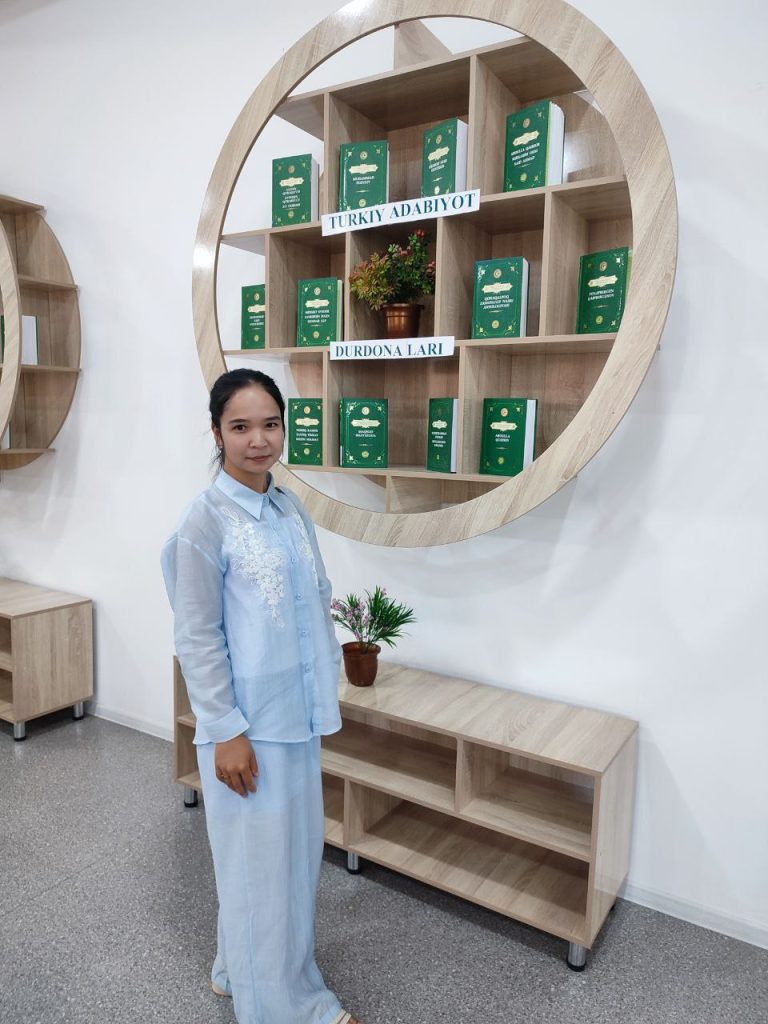
Methods to Enhance Motivation in the Educational Process
Introduction
Motivation is the internal and external drive of students toward the learning process, directly impacting their success and knowledge level. Based on Self-Determination Theory, “autonomy,” “competence,” and “social connections” play a crucial role in strengthening motivation. Motivation serves as a key driver in the educational process, determining students’ engagement, goal achievement, and success.
Methods to Enhance Motivation
1 Educational Methods
Flipped Classroom: Students study material in advance, while classroom time is dedicated to practical activities, aligning with the ARCS model and boosting motivation.Active Learning: Through methods like peer learning, problem-based learning, and cognitive apprenticeship, students work independently and collaboratively.
2 Psychological Approaches
Autonomy and Choice: When students choose their own materials, their intrinsic motivation increases (Self-Determination Theory).
Conclusion
Motivation in education is enhanced by harmonizing internal factors (autonomy, interest, social connections) and external factors (awards, badges, competition). The effectiveness of inquiry-based learning and active learning has been confirmed by research. Autonomy and reflection guide students toward intrinsic motivation rather than reliance on external factors. Such approaches make lessons meaningful, engaging, and beneficial for both students and educators.
Sevara Kuchkarova is a 3rd year student of Bukhara State Pedagogical Institute.
